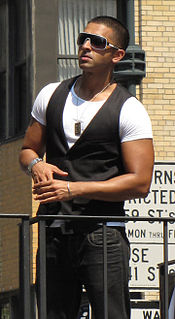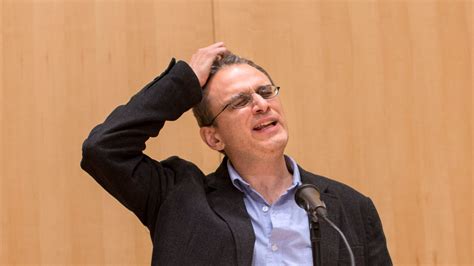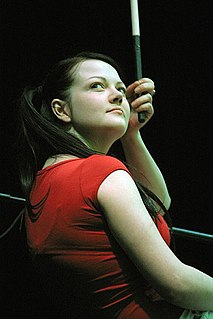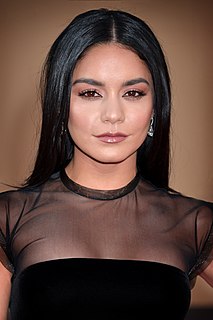A Quote by Karyn Kusama
One of the uncertain pleasures of adulthood, for me, has really been about confronting how little I know about the world and how much completely baffles me about the world and human behavior.
Related Quotes
Zhuangzi is especially insightful about the human pretension to know. The Zhuangzi tells a story about a frog who lives in caved-in well. Because he is the lord of this little world of his, king of the pollywogs, he is very proud of himself. But he doesn't know how small his world is until a turtle comes and tells him about the vastness of the sea. We human beings are like the frog, not realizing how little our worlds are.
I don't think there's a right or wrong things in your style. It's about how you clearly reflect who you are; how you more clearly tell the story. Who are you? How do you want to transmit that to the world, and how do you more clearly say that? Then I have a philosophy, FFPS: fit, fabric, proportion, and silhouette. Proportion's everything, really, knowing your body and understanding that. Those things have been really crucial for me. It's about being clear about the story you want to tell to the world about who you are - and maybe a little bit of FFPS.
All of my movies are about how I wish the world would work. I've made very few movies about how the world worked. I could name them on one and a half hands, about how my movies have been very reflective of how the world was exactly. A lot of my movies are really about the way I wish the world was, and that's what this whole art form is all about. It's an interpretive art form.
Science isn't just about solving this or that puzzle. It's about understanding how the world works: the whole world from the vastness of the cosmos to the particularity of an individual human life. It's worth thinking about how all the different ways we have to talk about the world manage to fit together.
People don't know about the human part of me that really cares about the world. For instance, I don't know what I feel about wearing my furs anymore. I worked so hard to have a fur coat, and I don't want to wear it anymore because I'm so wrapped up in the animals. I have real deep thoughts about it because I care about the world and nature.
There's no doubt about it: fun people are fun. But I finally learned that there is something more important, in the people you know, than whether they are fun. Thinking about those friends who had given me so much pleasure but who had also caused me so much pain, thinking about that bright, cruel world to which they'd introduced me, I saw that there's a better way to value people. Not as fun or not fun, or stylish or not stylish, but as warm or cold, generous or selfish. People who think about others and people who don't. People who know how to listen, and people who only know how to talk.
It's crazy to me that in this world of electronic medical records Walmart has so much information about how we shop, but no one has that information about our health. Why can't my doctor say, 'Wow, Anne, based on your lifestyle and behavior, you're five years from being diabetic.' But I can go to Target, and they know exactly what I'm going to buy.
To me, the most shocking thing about grit is how little we know, how little science knows, about building it. Every day, parents and teachers ask me, 'How do I build grit in kids? What do I do to teach kids a solid work ethic? How do I keep them motivated for the long run?' The honest answer is, I don't know.
Okay, here is the uplifting part: Your life isn't and has never been about you....about what you accomplish, how successful you are or are not, how much money you make, what sort of position you ascend to,...or how much good you do for others or the world at large. Your life, like mine, and like everyone else's has always been about one thing: love.





































